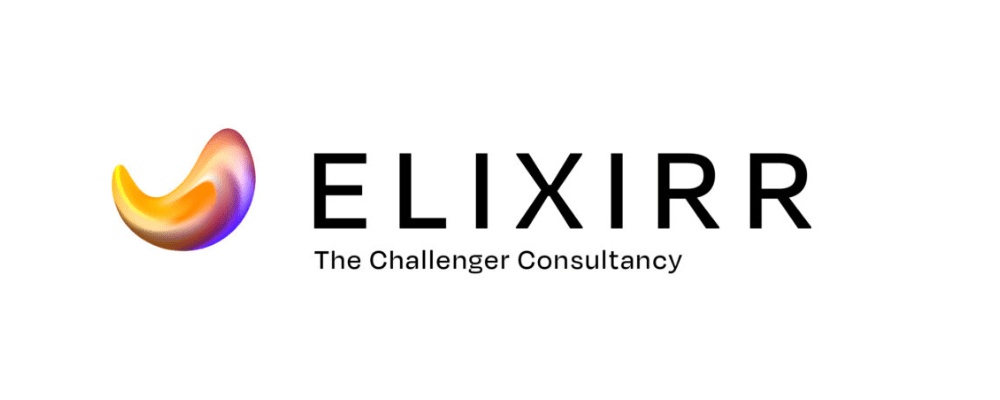Ninety percent of the world’s data has been created in the last two years, and this huge influx is already growing exponentially in 2024. However, Google’s move to phase-out third-party cookies and prioritise user privacy will limit businesses’ access to customer data. Given today’s focus on the hyper-personalisation of customer experience, this barrier to user data poses a new challenge to businesses.
Meanwhile, Google seeks to keep pace with advancements in personalisation while still adhering to their privacy-centric vision of Web3. This objective is laid out in their ‘Privacy Sandbox Initiative.’ Google’s tech identifies and categorises users, keeping the opportunity for targeted advertising intact without compromising users’ individual privacy.
How will the gradual phase-out of cookies in Chrome impact businesses?
Before Google announced the change, cookies allowed for the mass data harvesting that is integral to audience targeting, analytics and personalisation of user experience. The e-commerce tool Zapier passes data back to ad platforms so that they can pinpoint the source of profitable leads. Going forward, Chrome will block cookies set by domains other than the one the user is visiting, meaning tools like Zapier will not be able to capture user behaviour across different websites. With fewer third-party cookies in Chrome, businesses will find it more difficult to target specific audience segments accurately, and without sufficient data on consumers, personalisation is nearly impossible. Businesses need to dedicate more time and resources to protecting their existing data and developing a strategy for collecting first party data on their customers. First party data is information that users offer willingly to the business, often in exchange for a discount or perk.
What do consumers look for?
The legacy of the pandemic and inflation means consumers have a bigger appetite for affordability, sustainability, and quality. Research by Merkle argues that consumers look for convenience and cost effectiveness, and also points out that most are willing to give up their personal data in exchange for perks and savings.
Businesses in the consumer brand space have already started to gather first-party data from website visitors, social media, loyalty and newsletter sign ups. The haircare start-up, Living Proof and cosmetics subscription service, Beauty Pie have taken this approach. In exchange for first-party data, both deliver a bespoke service and products in return. Beauty Pie offers an engaging quiz that encourages customers to curate a unique array of products that work for their age, skin type, and desired look, while the business gathers crucial datapoints on their audience. Beauty Pie’s move to channel their time and resources into an innovative approach to personalisation has allowed the business to collect quality customer data that respects privacy standards, promotes individualism, and ultimately creates more meaningful connections with customers.
How can businesses prepare for a cookie-less future?
To prepare for a cookie-less future, businesses should create a clear strategy that will enable them to gather first-party data on their customers and target customers.
- Allocate enough spend to your data strategy. Utilising your existing data to produce effective personalisation and customer experience is key to driving your broader business objectives and retaining clients. A strong data strategy should also incorporate ways of staying compliant with evolving data privacy standards.
- Pay attention to branding. Having strong, authentic branding will facilitate your ability to collect first-party data. Consumers are more likely to hand over their data to businesses whose work, people and brand they believe in.
- Create an appealing loyalty scheme. 2023 was the year of the loyalty scheme, and they don’t seem to be losing momentum as a powerful customer retention tool. Incentivising existing and prospective customers through perks and engaging content is essential to creating a sense of community around the brand and ensuring repeat business.
Google’s gradual phase-out of third-party cookies in Chrome has prompted businesses to reconsider how they gather and use consumer data. Businesses should equip themselves with the technological infrastructure and human talent to effectively manage their data, and capitalise on the increasing commercial advantages of personalised UX. If you need support navigating your data assets and developing value-driven, personalised user experiences, get in touch with one of our experts today.
“We help senior business leaders turn ideas into actions. Of course, it’s execution that determines success; that’s why we also make change happen, treating our clients’ business like our own.
Our people make our firm. And while our team expands across the globe, we continue to attract the best talent in the industry, building a team of high performing, like-minded individuals who share our vision of building the best consulting firm in the world.
With the launch of our ESPP scheme in 2021, we gave our entire team the opportunity to be part owners of Elixirr — and with a 74% enrolment rate for 2022, entrepreneurialism has never been more embedded into our business.”
Please visit the firm link to site



